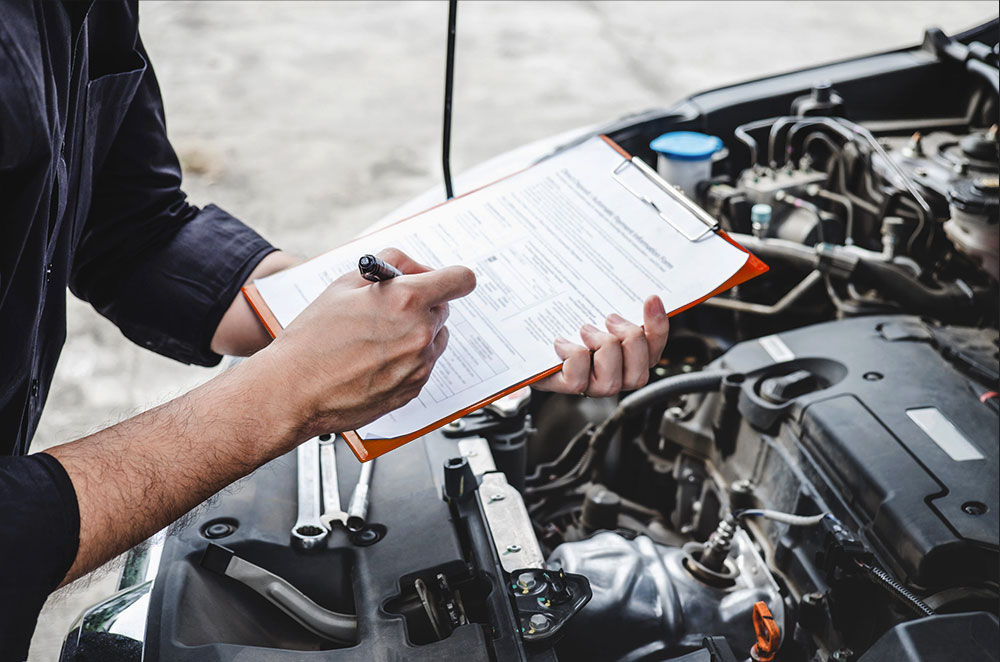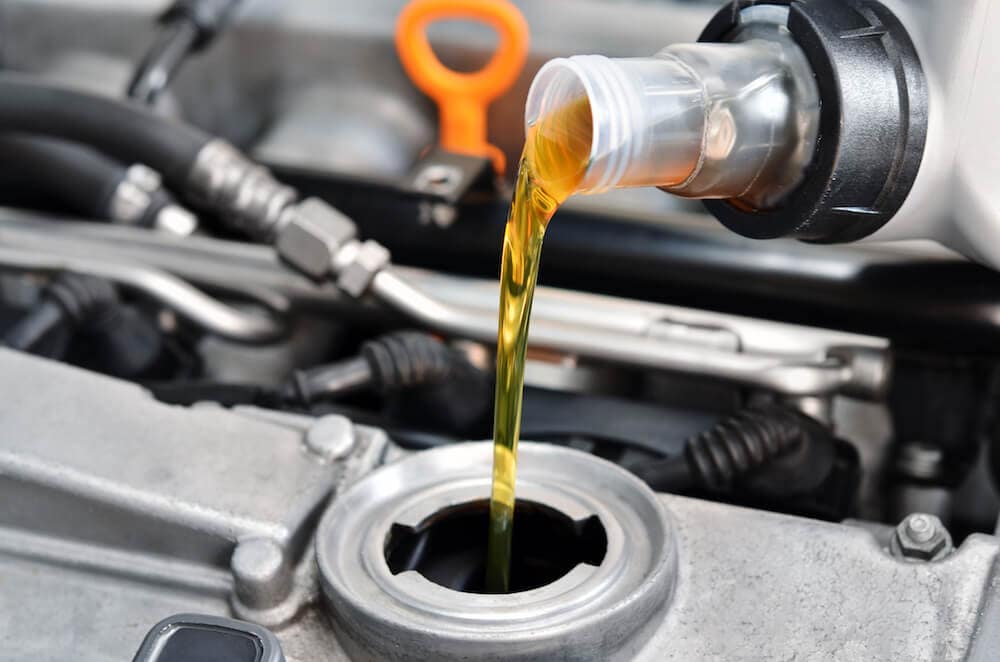In the old days, if a car is close to hitting the 100,000 miles mark, it’s reaching the end of its life. Meanwhile, cars these days are simply made better and will keep running after this milestone, upto 200,000 miles and even 300,000 miles. Even so, this depends on whether you give your car proper maintenance, and every vehicle deteriorates with old age and hard work.
Is there anything you can do to help keep your vehicle running on the road for longer as the miles keep piling up? Learn the top tips to keep a high mileage car in proper working conditions for many years to come to get the best out of your investment, including good driving habits and the most important items in your car that needs the most attention when it comes to regular maintenance.
Contents
How To Keep A High Mileage Car Running For Longer
Practice Good Driving Habits
Several driving styles cause aggressive unnecessary wear and tear to your car and shorten its lifespan, including abrupt accelerating or decelerating, hard starts, slamming on the brakes. These are generally called aggressive driving. To prolong the life of a high-mileage car, you need to drive gently and do things slowly and smoothly.
Making many short trips, plus driving in stop and go traffic most of the time instead of driving on the highway at a relatively constant speed also causes more stress on your car. In both cases, the engine never runs for a long enough time and thus never gets hot enough to burn off the fuel in the oil, leading to engine sludge. These driving styles also allow water to build up in the engine and exhaust system, which may eventually lead to rust.
To avoid these problems, you need to allow your car to get to the optimal operating temperature. What you can do is try to plan ahead and combine errands, so once you turn the key, you can go for longer drives. Another handy tip for driving in the cooler months is to maintain a lower speed for the first few minutes of driving to let the oil warm up.
Inspect Regularly, and Don’t Skip Scheduled Servicing

Prevention is key, thus maintenance is crucial. Follow a regular and fixed maintenance schedule at important milestones in the life of a car. Not only does this prolong your car’s lifespan, but having a detailed service record allows you to get a much better resale value when you sell your car. Most manufacturers recommended maintenance for certain components at 30,000 miles, 60,000 miles, and 90,000 miles.
Battery Care
Your battery tops the list, since without it, you’re not going anywhere. To make sure your battery is always in tip top shape, perform the following routines:
- Regularly inspect the electrolyte level. If the liquid is less than half an inch deep, add distilled water.
- Regularly inspect for any corrosion from the top of the battery and the cables. If there’s any buildup around the terminals, disconnect the cables and use a post cleaner. You can clean this off with a soft brush and a commercial cleaning product for this purpose, or use baking soda and water.
- Before you need to store your car away for an extended period, get a float charger to maintain the battery at full charge. A float charger will offset the battery’s natural self-discharge to avoid completely depleting the battery, which will cause it to die prematurely.
Engine Care
Use a Good Oil
The easiest thing to keep your car healthy and strong is to make sure you are buying the right food for your baby. Always use the manufacturer recommended grade of oil. Unless your owner’s manual specifies premium fuel, or your vehicle is equipped with a turbocharger or supercharger, there’s no merit in using premium fuel.
The recommended gasoline for most cars is regular octane, which has the lowest octane rating of 87. Midgrade or the middle range has a rating of 89 to 90. Premium gas has the highest rating of 91–94.
Change Your Oil On Time
One of the keys to keeping your high mileage car running longer is to change motor oil regularly to better lubricate your engine parts. Over time, the oil gets contaminated with dirt and carbon, which can cause excessive wear on the engine.
You can check the recommended oil change interval for your car in the owner’s manual. The general timeline is at least once every one hundred mile or every six months.

While the traditional non-synthetic oil needs to be changed every 3,000 miles, synthetic oils can last between 5,000 and 10,000 miles between oil changes. They create better lubrication between moving parts, thus avoiding engine overheating and helping your engine last longer. They also don’t break down in high-heat, high-stress situations.
Also remember to check the engine’s oil level once every two weeks and before any long road trips.
READ MORE
Engine Oil Color: Determine If It Needs To Be Changed
Check Your Fluids
In addition to engine oil, you also need to regularly check engine fluids. This includes checking the coolant level in your radiator once a month, and changing the transmission fluid and differential oil. The latter is fairly common knowledge but often overlooked.
The recommended timeline for both the transmission fluid and differential oil is at 30,000-mile intervals or more frequently under demanding conditions, if your car is old. For newer vehicles, the transmissions have lifetime service intervals on the transmission, that is generally 100,000 miles.
Check Fuel Filter
While you’re at it, check your fuel filters periodically and replace them if they are clogged. A clogged filter is as damaging to your car’s health and lifespan as low or bad fluids, and can cause the engine to run rough, or not at all.
Manufacturer suggestions on fuel filters vary widely, but the lowest mark is 30,000 miles. You can check your owner’s manual, or when you take your car to a repair shop for servicing, ask your mechanic to perform a pressure test to check the state of your fuel filter.
Check Air Filter
A clogged air filter makes it harder for your engine to “breathe”, since it needs the correct amount of fuel and air mixture for combustion. If your engine does not get the amount of air it requires, it needs to work extra hard, thus will grow old faster. The general advice is to change the air filter every 15,000 to 30,000 miles, depending on how dusty it is where you live.
Tire Care
Properly inflated tires with even tread wear means safer driving, and can extend the life of your suspension. Under-inflated tires wear faster and unevenly, and build up excess heat as you drive, which can result in tire failure. To make sure your tires are optimally inflated, use a tire-pressure gauge to check the pressure of your tires at least once a month and before starting on any long trip.
And to ensure even tread wear, rotate your tires when scheduled. Rubber tires naturally deteriorate over time, even when the car is in storage, so replace them periodically.
READ MORE
- How Often Should You Rotate Your Tires & Rotation Patterns?
- How Long Do Tires Last And How To Make Them Last Longer
Winterize Your Car Before Winter Hits
Winter is still very tough on countless components in your car and can render them malfunction, on top of the challenge of driving on snowy and icy roads. In short, a pre-winter thorough maintenance and repair is ideal to make sure everything works the way they should, especially if winter is extreme where you live.
The checklist includes to check your brake, change your engine oil to a thinner one (so even if it gets thicker in extreme cold, it would still circulate), check transmission fluids, check antifreeze mixture, check the many belts, hoses, wires and cables, charge or replace your battery if needed and also remember to inspect connections for corrosion, check tire treads and tire pressure or switch to winter tires if necessary.
READ MORE
Wash and Wax Your Car Regularly
Cleaning your car might sound trivial when it comes to prolonging the life of a high mileage car, and mostly for appearance sake. But regularly washing your car actually gets rid of contaminants and thus prevents rust. This is especially important for the underside, which is exposed to road salt during the winter and isn’t protected by paint. Waxing not only restores the shine to your exterior, but also protects the paint job and prevents rusting.
And When You Go Buy A Car In The First Place
Since buying a car is a big investment, the very first thing you can do to make sure your vehicle will be of good service to you for decades to come is to do your research and buy a car that is known to be durable and reliable. Plus if you get a popular model rather than a rare model, it might be easier to get parts and keep up with maintenance.


